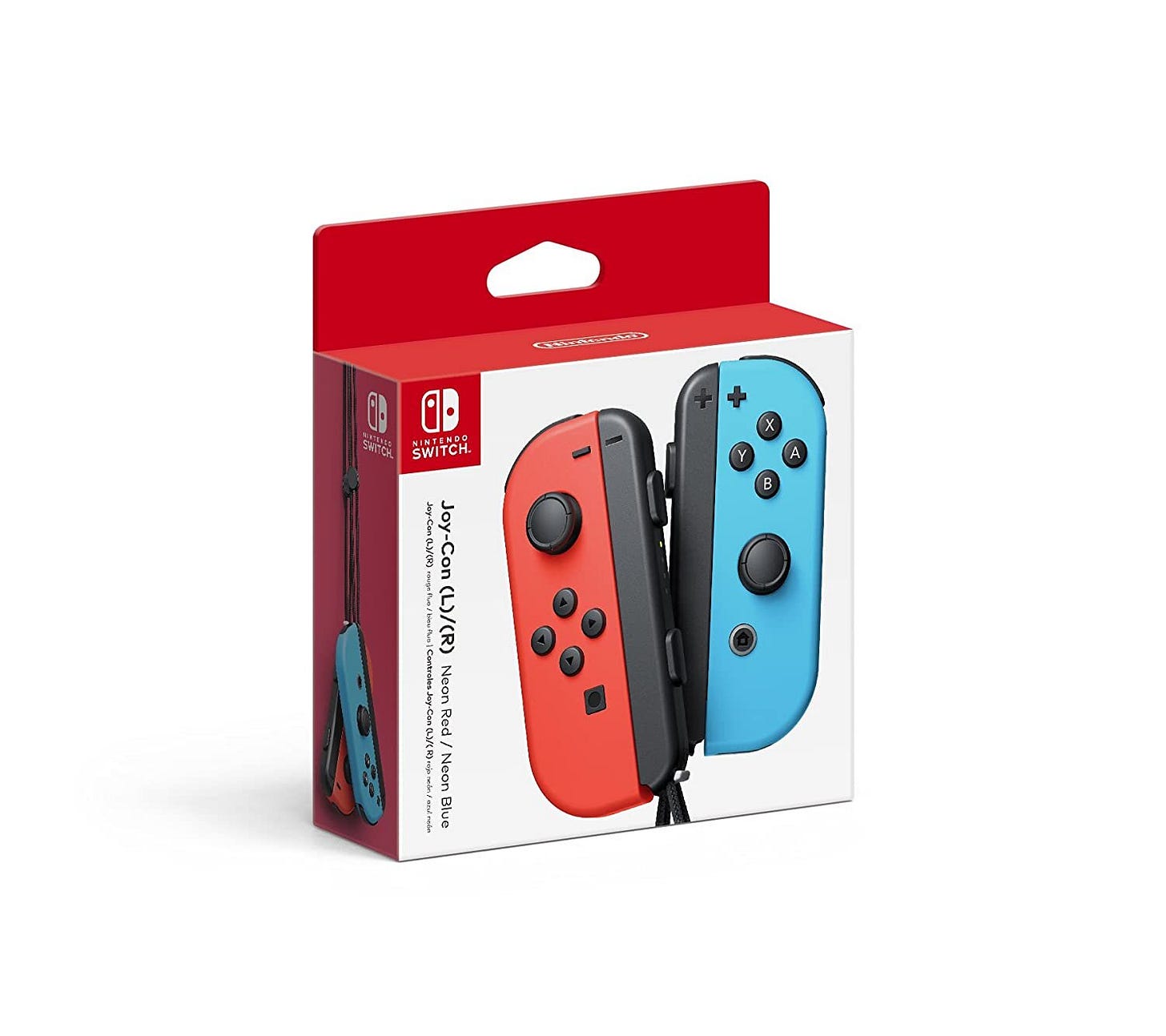SUMMARY
The Western District of Washington refuses a strained interpretation of California Supreme Court precedent and upholds the validity of the Nintendo EULA arbitration clause.
THE SETUP
On July 19, 2019, Nintendo was sued in a putative class action over an alleged defect in Joy-Con controllers for the Switch console (Diaz, et. al. v. Nintendo of America Inc., Case No. 2:19-cv-01116, W.D. Wash.). In November, Nintendo moved to compel arbitration and dismiss the claims. On March 2, 2020, Judge Zilly granted Nintendo’s motion and moved the dispute to arbitration.
ARBITRATION CLAUSE
The first time players operate a Switch, they are greeted with an End User License Agreement containing an arbitration clause and class action waiver. Plaintiffs’ primary argument against the motion to compel revolved around what could be charitably called a creative reading of McGill v. Citibank, N.A., 393 P.3d 85 (Cal. 2017) and Nintendo’s EULA. In McGill, the California Supreme Court invalidated an arbitration provision because it barred the plaintiffs from seeking injunctive relief entirely. Plaintiffs argued that the Nintendo EULA similarly barred injunctive relief, in part, by stating:
Any such arbitration shall be conducted by the parties in their individual capacities only and not as a class action or other representative action, and the parties waive their right to file a class action or seek relief on a class basis.
This interpretation of both standard class action waiver language in combination with McGill would effectively render any class action waivers in arbitration provisions invalid. The mere fact that individuals waive bringing claims as a class, does not foreclose the possibility of an arbitrator awarding injunctive relief, unless such relief is excluded through another provision. The court rightly recognized that Nintendo’s EULA did no such thing and granted Nintendo’s motion.



